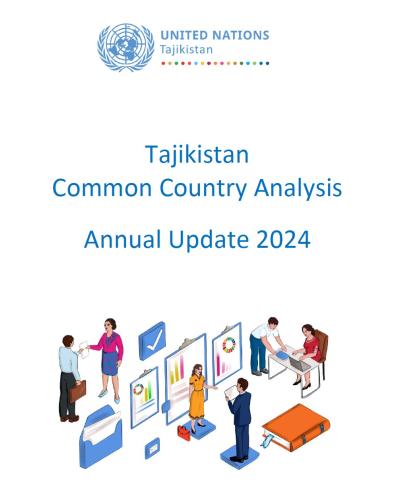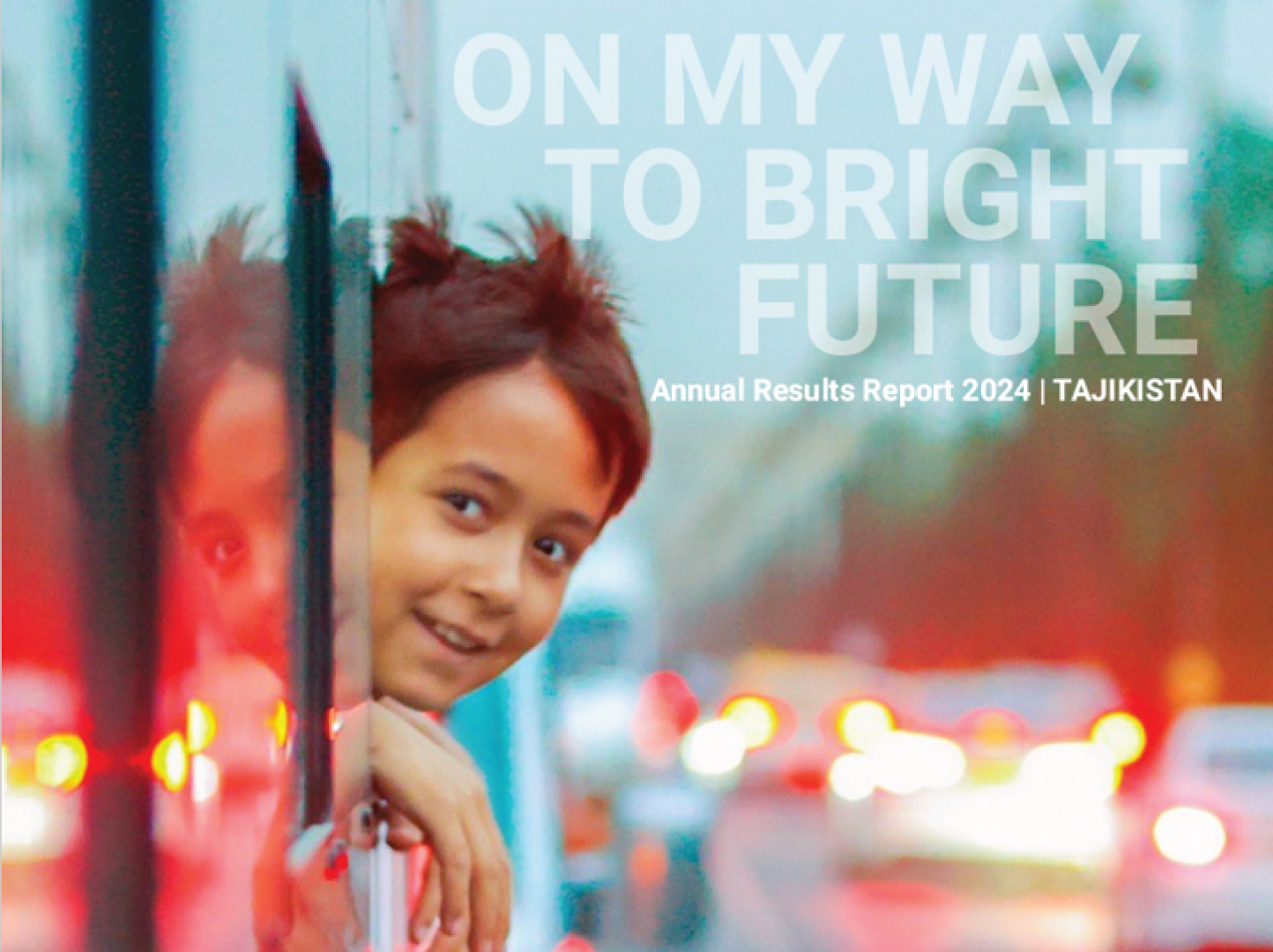Tajikistan Common Country Analysis Annual Update 2024

Common Country Analysis aims to identify the underlying causes of inequality and vulnerability in line with our commitment to leave no one behind. The 2020 Common Country Analysis (CCA) examines the major factors influencing the achievement of the 2030 Agenda for Sustainable Development and the national development goals in Tajikistan. It aims to identify the underlying causes of inequality and vulnerability in line with the commitment to leave no one behind, UN Charter values, and international norms and standards. A number of key issues have also been examined in the broader regional context to better understand the trans-boundary nature of development. As the primary source of reference for the UN System in the country, the CCA aims to guide engagement with the Government and the people of Tajikistan to implement policies and programmes to promote sustainable development. In particular, CCA will inform the preparation of the United Nations Sustainable Development Cooperation Framework (UNSDCF) between the Government of Tajikistan and the United Nations System. CCA draws upon various sources including national surveys, administrative data, thematic analysis, global and regional reports, and findings from the Vulnerability and Resilience Atlas (VRA) for Tajikistan.1 It is important to note that credible and disaggregated data are limited. This greatly affects the depth of analysis, and a thorough review of development policies to address deprivation and inequality, especially for groups of people left behind. Lastly, the CCA is an ongoing process to assess the state of national development in Tajikistan which will be updated annually.

















